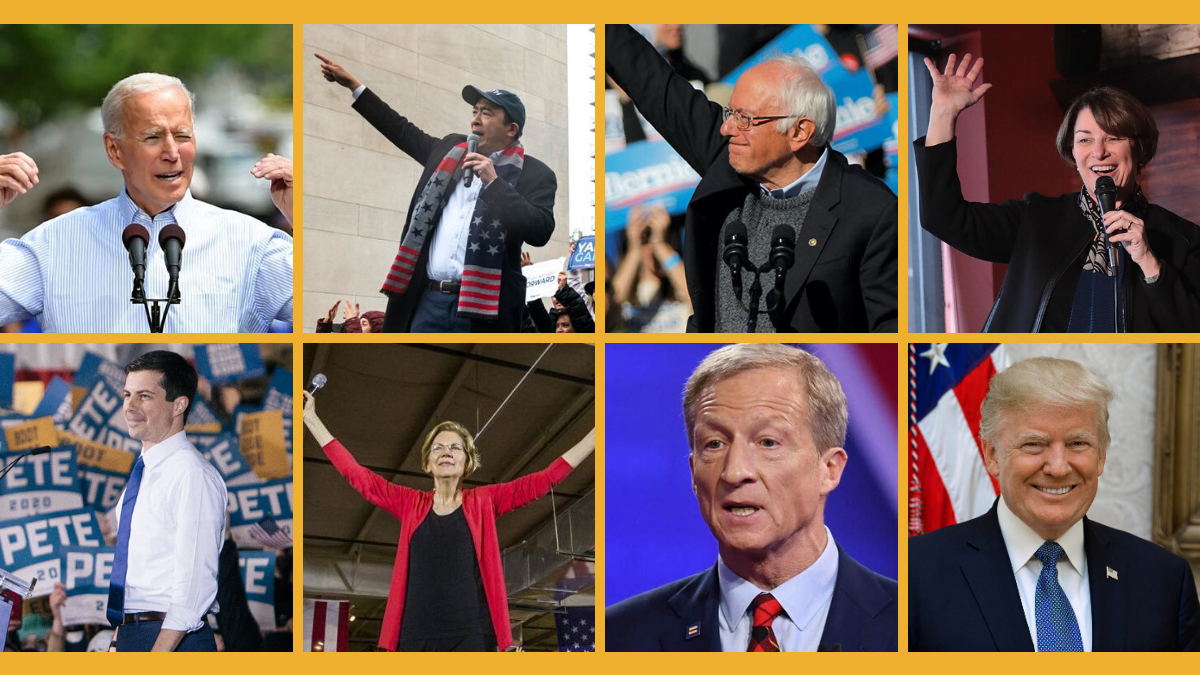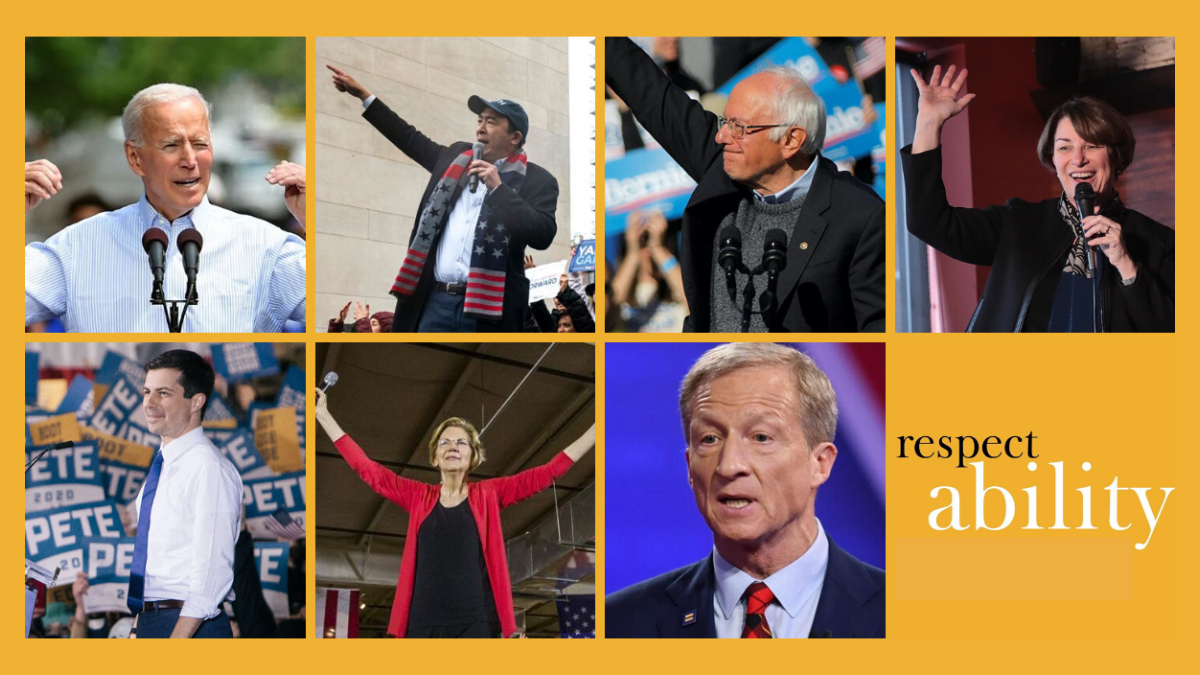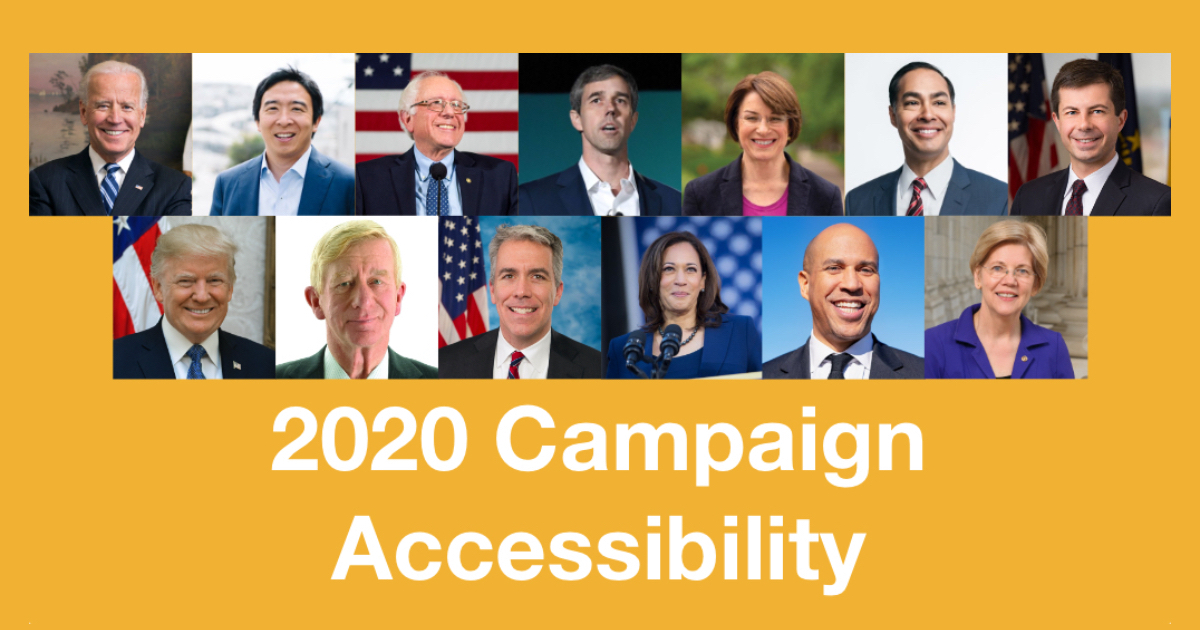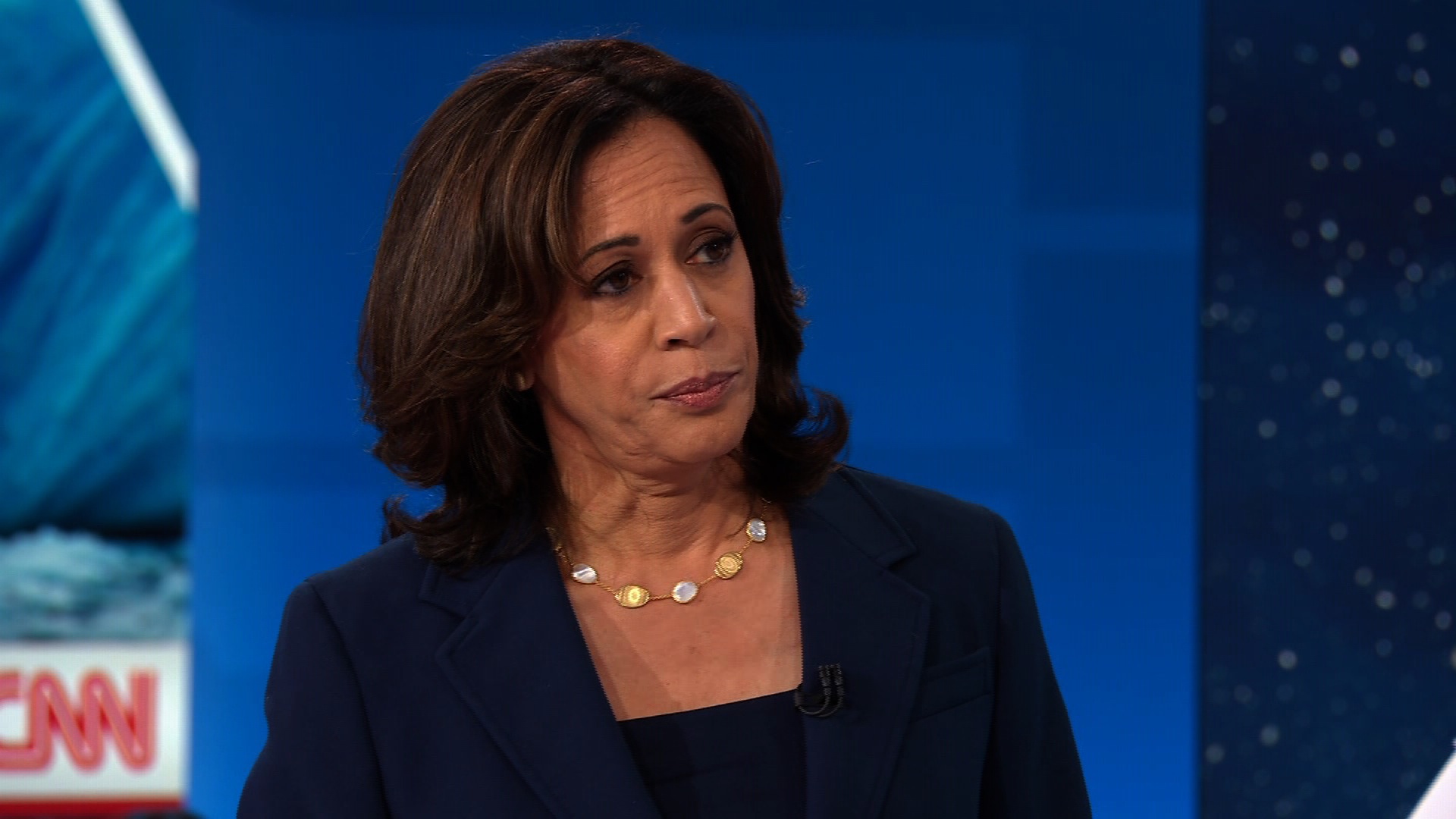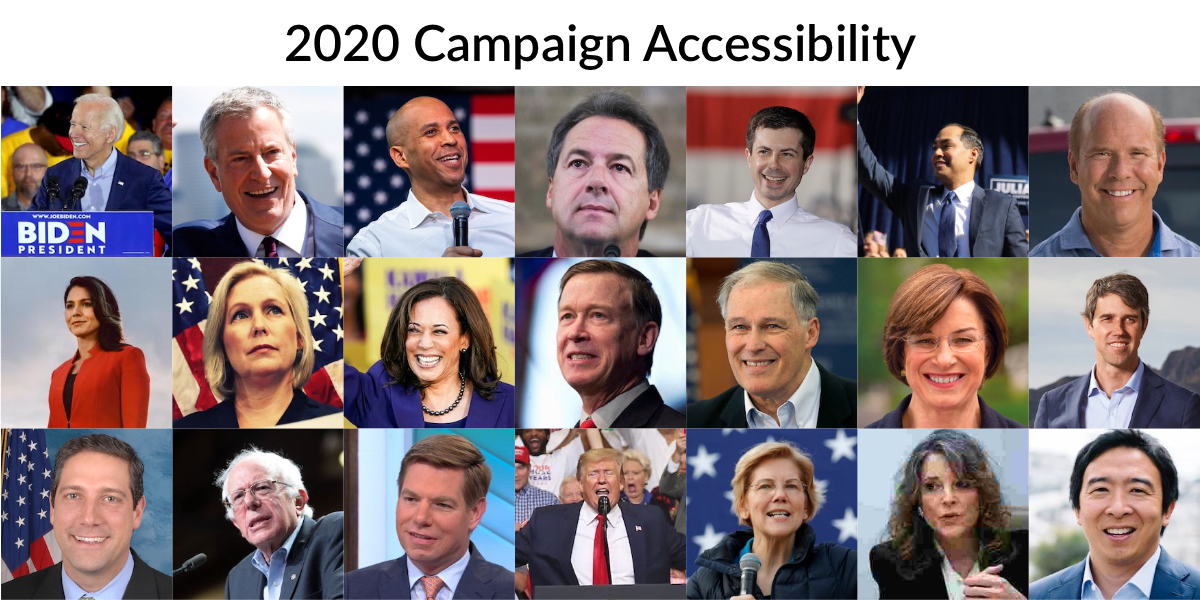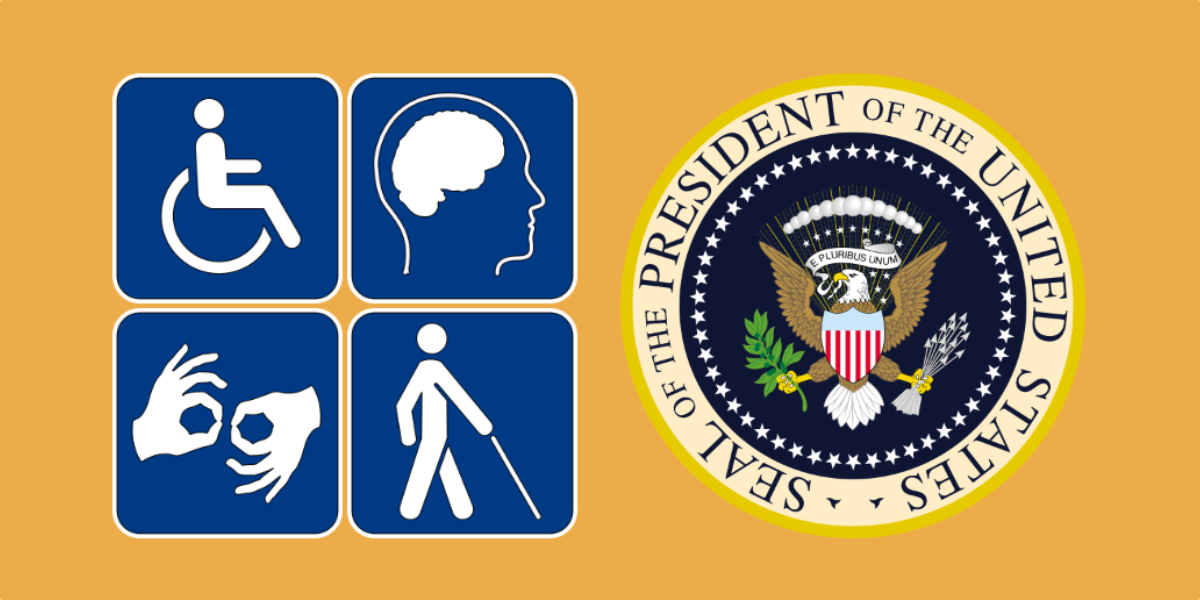 Boston, Massachusetts, Nov. 6 – Democrat Elizabeth Warren kept her seat as Massachusetts’ U.S. Senator when she was elected over Republican Geoff Diehl today.
Boston, Massachusetts, Nov. 6 – Democrat Elizabeth Warren kept her seat as Massachusetts’ U.S. Senator when she was elected over Republican Geoff Diehl today.
Warren completed a disability issues questionnaire for Senate and gubernatorial candidates put out by RespectAbility, a nonpartisan, nonprofit national organization working to end stigmas and advance opportunities for people with disabilities. The questionnaire included 10 questions on topics important to people with disabilities and those close to them. Despite repeated requests to his campaign, Diehl did not respond to the questionnaire.
In the questionnaire response, Warren focused on jobs for people with disabilities that provide fair wages—an important topic, since 61.4 percent of the 390,729 working-age people with disabilities in Massachusetts are out of work. Massachusetts is 24th on this list ranking states from best to worst on employment for people with disabilities.
“First off, individuals with disabilities should have the opportunity to reach their full potential in competitive and integrated employment settings, and they should receive fair wages for their work,” Warren said in her response. “For these reasons, I have worked to end the subminimum wage, which makes it perfectly legal for an employer to pay a worker with a disability less than a worker without a disability for doing the same job.”
Warren also highlighted the importance of education for people with disabilities. She has introduced legislation for both trade programs and post-secondary education that benefits people with disabilities.
“I introduced and passed the Free Career and Technical Education for High School Students Act in order to direct federal funding streams toward reducing or eliminating out-of-pocket costs associated with Career and Technical Education programs for high school students, including students with disabilities,” Warren said. “If classes that prepare high school students for college are free, then career training classes that prepare students to enter the workforce should also be free.”
Accessibility can be a hurdle for college students with disabilities. Warren addressed this with her AIM HIGH Act, which created “guidelines for accessible instructional materials on college campuses.”
“I recognize that many students face special obstacles to their education, and I will always stand up for programs that help to level the playing field,” Warren said.
View Warren’s full response to the questionnaire below:
